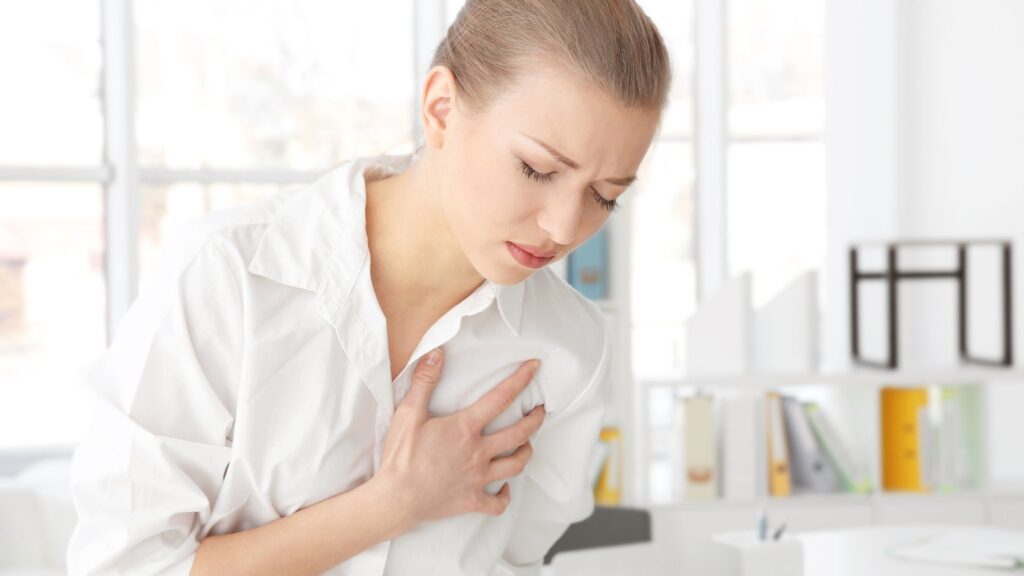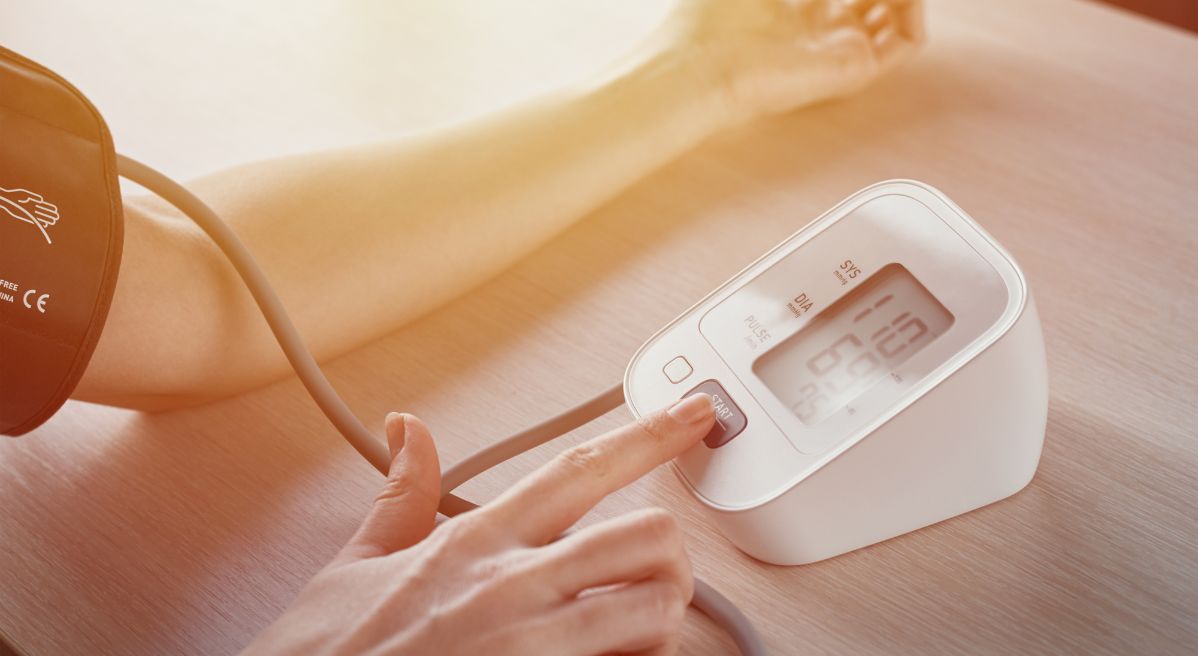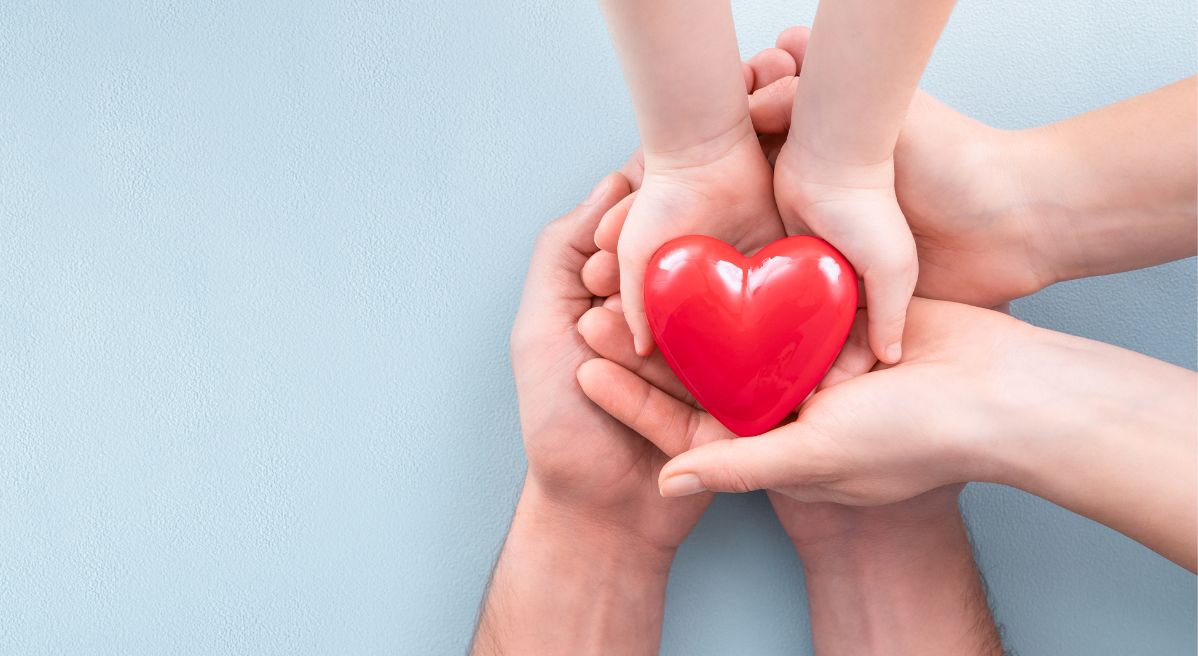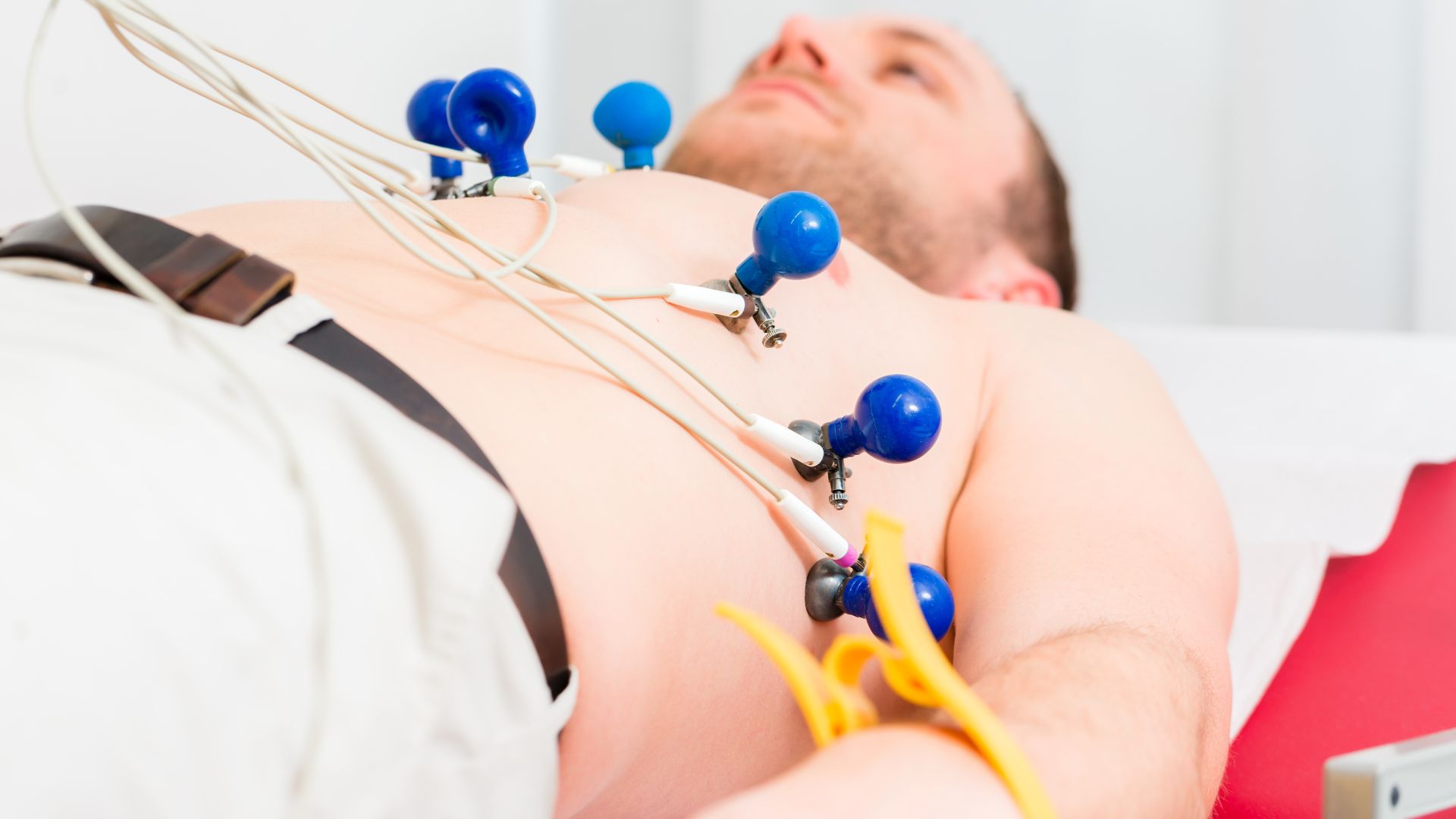What are the symptoms of high blood pressure in young people?
In the initial stages, hypertension usually does not cause symptoms that could alert patients to the presence of this health problem. When they discover they have high blood pressure, patients have already experienced problems such as dizziness and headaches, ringing in the ears, nosebleeds, and blurred vision. In such situations, patients often feel scared and anxious, which further emphasizes the subjective feeling of the severity of these ailments.
The blood pressure value at which the upper, or systolic, and lower, or diastolic, pressures are 120/80 mmHg is considered a normal value. Hypertension can be diagnosed when the blood pressure value is 140/90 mmHg or more. Also, hypertension causes 50% of the total number of heart attacks, as well as 15% of the total number of cases of cardiac death.
Regardless of these data, it is believed that only 40% of patients control their blood pressure. If the problem of hypertension is neglected in the long term, it leads to hypertrophy of the left ventricle, damage to the heart and large blood vessels, and a gradual weakening of the cardiovascular system. Because of this, as well as due to the initial absence of warning symptoms, hypertension is often called the “silent killer”.
As a result of hypertension, numerous physiological mechanisms are often disrupted, such as the proper functioning of the kidneys and hormones. Therefore, one of the initial signs of hypertension is a small amount of protein in the urine, which indicates a weakening of kidney function. By the time patients become aware of symptoms such as blurred vision, excessive water intake and frequent urination, blood pressure values have reached a level that requires a specialist examination.
What are the causes of hypertension?
Depending on the cause, primary and secondary hypertension are distinguished. Primary or essential hypertension is a multifactorial disease. It occurs more often in patients with a genetic predisposition, that is, in patients whose families have a history of this disease. It also occurs in obese people, as well as in smokers, people who consume large amounts of coffee and alcohol, as well as in people who consume large amounts of table salt through their diet. Primary hypertension also occurs in physically inactive individuals, people who are exposed to professional overload, psychological tension and chronic stress.
Secondary arterial hypertension occurs as a result of diseases of other organs. It can occur due to kidney and adrenal diseases, endocrinological or neurological diseases. It also occurs as a consequence of long-term therapy with corticosteroids, non-steroidal anti-inflammatory drugs, estrogen and ergotamine preparations.
Lack of sleep is often cited as the cause of high blood pressure in young people. Young people who sleep little or have poor sleep quality are thought to be up to three times more susceptible to hypertension. Namely, adolescents who sleep less than six hours have twice the chance of getting high blood pressure, while those chances are three times higher in those who also have restless sleep. Also, frequent and increased consumption of energy drinks and other caffeine-based drinks, which young people are prone to, can lead to disruption of normal blood pressure values as well as sleep problems.
How is high blood pressure treated in young people?
The most effective way to avoid unwanted consequences of hypertension is to prevent the occurrence of this problem. One of the primary risk factors for hypertension in young people is obesity, which is on the rise. It is caused by inadequate nutrition, which is characterized by an increased intake of salt and fat, but also by physical inactivity as well as stressful situations that accompany the growing up period. Due to the increase in the number of obese young people, the number of young people with hypertension also increases, which is usually not noticed until going for a systematic examination. Some of the typical symptoms that young people may experience include feeling dizzy and headaches, fatigue, and nosebleeds.
Given that obesity and increased fat values in young people are defined as a very frequent cause of hypertension, young patients are prescribed a special diet. Since weight loss is the key to solving this health problem, it is necessary to increase the intake of fruits and vegetables, as well as whole grain cereal products, control the intake of salt and avoid the intake of saturated fats as well as sugary and carbonated drinks. Consumption of alcohol, especially in combination with energy drinks, tobacco and psychoactive substances, represents a particular risk for the development of hypertension and other cardiovascular diseases.
Special attention should be paid if the young person already faces some health problems, such as diabetes or problems with the endocrine system. Certain genetic disorders, congenital heart defects or problems with kidney function are also signals that a young person should check and control their blood pressure. Untreated hypertension in younger people can cause hardening of the arteries, which can increase the risk of stroke, as well as kidney and brain damage.
In order to reduce body weight and strengthen the cardiovascular system, regular moderate physical activity is also suggested. Aerobic activity of moderate intensity for 30 minutes, at least five days a week, is considered the minimum physical activity necessary to maintain a good state of the cardiovascular system. In addition, it is necessary to avoid long periods of sitting as well as exposure to stress.
Discover the causes of high blood pressure at Pulse cardiology center
If a young person is facing any of the mentioned ailments or has already been diagnosed with elevated blood pressure, all the necessary examinations can be performed at the Pulse cardiology center. Care for health and the habit of regular visits to the doctor should be developed from an early age. In the pleasant environment of the hospital in block A in New Belgrade, top specialists with many years of diagnostic experience will determine the cause of the patient’s elevated blood pressure and determine the appropriate dietary regimen or necessary therapy. As young people with hypertension can face far more dangerous cardiovascular diseases in adulthood, they should not hesitate to make an appointment with a specialist. This way they will get rid of unpleasant symptoms and prevent the development of other cardiovascular diseases.





